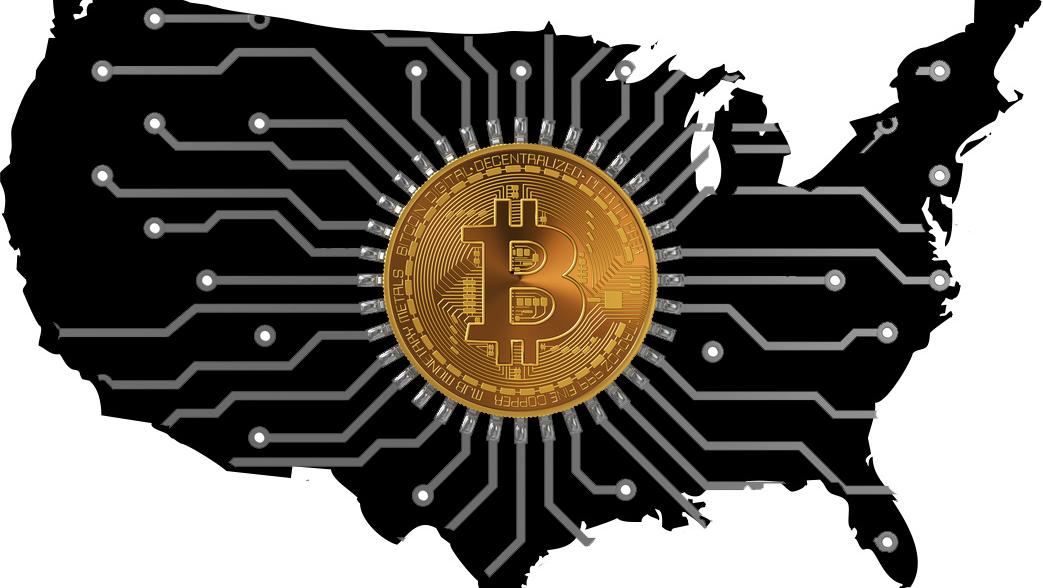PALO ALTO, Calif. (Reuters) - The Federal Reserve is taking a look at a broad variety of problems around digital payments and currencies, consisting of policy, design and legal factors to consider around potentially releasing its own digital currency, Governor Lael Brainard stated on Wednesday. Brainard's remarks suggest more openness to the possibility of a Fed-issued digital coin than in the past." By transforming payments, digitalization has the possible to provide higher worth and convenience at lower expense," Brainard follow this link said at a conference on payments at the Stanford Graduate School of Organization.
Reserve banks worldwide are disputing how to handle digital financing innovation and the distributed journal systems utilized by bitcoin, which guarantees near-instantaneous payment at possibly low expense. The Fed is establishing its own round-the-clock real-time payments and settlement service and is currently examining 200 comment letters submitted late in 2015 about the proposed service's style and scope, Brainard said.
Less than 2 years ago Brainard informed a conference in San Francisco that there is "no engaging demonstrated requirement" for such a coin. But that was before the scope of Facebook's digital currency aspirations were commonly known. Fed officials, consisting of Brainard, have actually raised issues about customer securities and information and privacy hazards that might be positioned by a currency that could enter into usage by the 3rd of the world's population that have Facebook accounts.
" We are working together with other main banks as we advance our understanding of main bank digital currencies," she stated. With more countries looking into releasing their own digital currencies, Brainard stated, that adds to "a set of reasons to also be making sure that we are that frontier of both research study and policy development." In the United States, Brainard said, problems that require study include whether a digital currency would make the payments system much safer or simpler, and whether it might position monetary stability dangers, consisting of the possibility of bank runs if cash can be turned "with a single swipe" into the reserve bank's digital currency.
To counter the financial damage from Browse this site America's unmatched national lockdown, the Federal Reserve has actually taken unprecedented steps, including flooding the economy with dollars and investing straight in the economy. Many of these moves got grudging approval even from numerous Fed doubters, as they saw this stimulus as required and something just the Fed could do.

My new CEI report, "Government-Run Payment Systems Are Unsafe at Any Speed: The Case Against Fedcoin and FedNow," information the threats of the Fed's existing prepare for its FedNow Great site real-time payment system, and propositions for main bank-issued cryptocurrency that have actually been called Fedcoin or the "digital dollar." In my report, I go over concerns about privacy, data security, currency adjustment, and crowding out private-sector competitors and innovation.
Advocates of FedNow and Fedcoin state the government must develop a system for payments to deposit instantly, rather than encourage such systems in the economic sector by lifting regulative barriers. However as kept in mind in the paper, the economic sector is providing a relatively unlimited supply of payment innovations and digital currencies to solve the problemto the degree it is a problemof the time gap between when a payment is sent and when it is gotten in a savings account.
And the examples of private-sector innovation in this area are numerous. The Clearing House, a bank-held cooperative that has actually been routing interbank payments in numerous forms for more than 150 years, has actually been clearing real-time payments since 2017. By the end of 2018 it was covering 50 percent of the deposit base in the U.S.